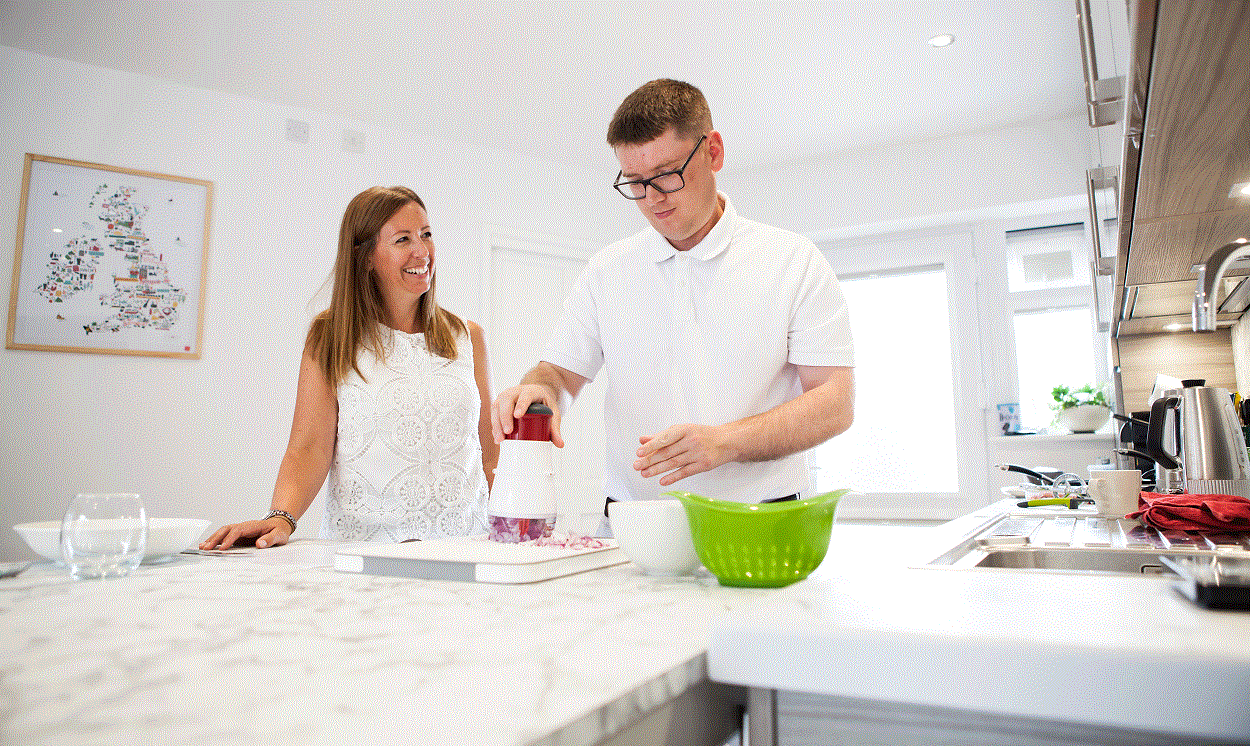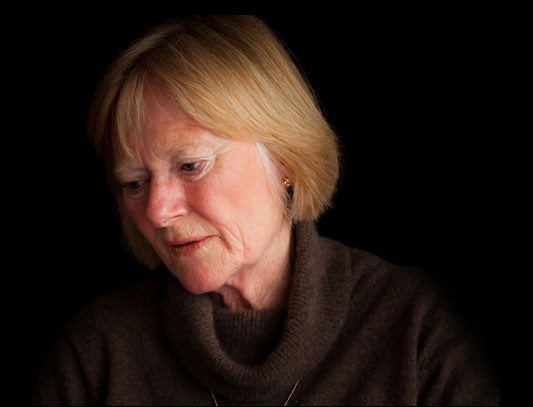Case Studies
Meet Chris and Denise - a case study | Krysalis Consultancy
This unique journey helps us to reflect not only on the life long and enduring consequence of brain injury for the individual, but also the essential role that families play supporting their loved one on their journey. From the early days of Chris’s recovery, through to the latter stages of rehabilitation, his parents and his immediate family have played an essential role in his recovery by offering practical and emotional support.
The support that he receives from his family provides security and stability, this in turn enables Chris to challenge his performance and participation with activities. Chris had clear ideas about how he wanted to spend his time and focus his efforts. Occupational therapy intervention was tailored to Chris’s unique needs and interests, the approach used considered his motivating factors within a therapeutic framework building confidence and facilitating skill acquisition.
Chris states that the focus of rehabilitation is about ‘getting back to normal’. Denise reflects on how she views her role as a facilitator for Chris, providing opportunities for him to achieve the goals that are important to him. The value of this ‘enabling environment’ cannot be underestimated in terms of the ‘scaffolding’ of social support that is offered to Chris, reinforcing the view that he can achieve his potential. This is reflected nicely in the family mantra… ‘onwards and upwards’.
Test Case Study
Test Content introduction add or remove content here, yes its does.
Meet Penny and George - a case study | Krysalis Consultancy
This unique journey helps us to reflect on the consequence of brain injury, many of which are far reaching and go beyond the challenges experienced by an individual. Penny helps us to reflect on the fact that whilst brain injury can have a significant impact on an individual’s independence, often the impact on loved ones and families, as a whole, are just as important. Penny talks about the response of other people and the impact this has had on social interactions and engagements.
Penny’s occupational therapy journey started with a strong desire to understand George’s challenges. She needed support to help him relearn lost skills. The occupational therapy assessment highlighted a need to create a home environment that encouraged independence and purpose and strategies to help him manage his anxiety.
Facilitating change with George and optimising independence was a complex process given the symptoms he was experiencing. He needed to be considered holistically, taking into account his current and previous lifestyle, his personality, values, beliefs, activities, environment and routines. Penny needed support to understand where she could help, as well as to identify where making small changes herself would make a big difference.



